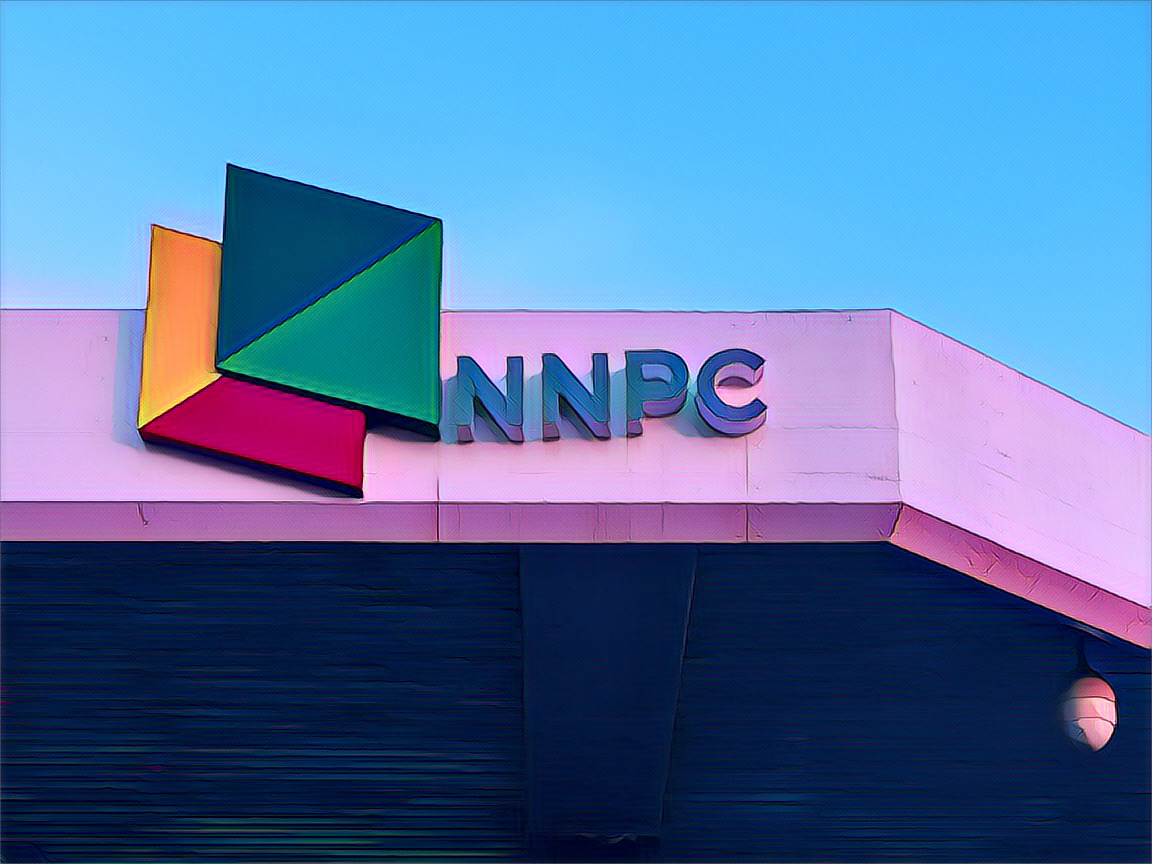The Nigerian National Petroleum Company Limited (NNPC Ltd.), the largest company in the country, has announced that it will move a significant portion of its revenues and other banking services to the Central Bank of Nigeria (CBN), following the directives of its board of directors.
The decision, which was made public on Thursday, February 8, 2024, is aimed at ensuring safe obligor limits with commercial banks, as well as enhancing the transparency and accountability of the oil and gas sector.
According to the Group Chief Executive Officer of NNPC Ltd., Mele Kyari, the company has a high transaction liquidity level and needs the support of the apex bank to manage its cash flow and operations.
“We understand very clearly that this review of our decision to move a significant portion of our revenues to the Central Bank of Nigeria is very timely. We made that decision to align with the directives of our board of directors to maintain safe obligor limits with commercial banks,” Kyari said.
He added that the CBN has created a robust digital platform for all transactions and has established a department that will deal with NNPC issues without any hindrance.
“We will continue to collaborate with the Central Bank of Nigeria to ensure that further improvements are received to ensure that this relationship serves the best interests of our company and ultimately our country,” he said.
The CBN Governor, Olayemi Cardoso, who met with Kyari in Abuja, said the apex bank has restructured and strengthened its internal processes to handle the enormous responsibility of NNPC’s transactions.
“We have come to this stage where the NNPC has decided to move the respectable part of its business to the Central Bank of Nigeria. I also want to say that we have restructured our internal processes such that we will be very capable of taking on this enormous responsibility that will be placed within the central bank,” Cardoso said.
He expressed his confidence that the collaboration between the CBN and NNPC will work in the best interests of the company and the nation.
The move by NNPC Ltd. is in line with the efforts of the federal government to reform the oil and gas sector, which accounts for about 10% of the country’s gross domestic product (GDP) and 90% of its foreign exchange earnings.
In January 2024, President Bola Tinubu signed the Petroleum Industry Act (PIA), which aims to overhaul the legal and regulatory framework of the sector, attract more investments, increase revenue generation, and ensure environmental and social sustainability.
The PIA also provides for the establishment of the Nigerian National Petroleum Corporation Limited (NNPC Ltd.) as a commercial entity that will operate under the Companies and Allied Matters Act (CAMA).
The NNPC Ltd. is expected to pay taxes and dividends to the government, as well as remit its foreign exchange inflows to the CBN, as part of the measures to boost the nation’s external reserves.
The decision to domicile NNPC’s revenues and banking services with the CBN has been welcomed by some industry experts and stakeholders, who see it as a positive step towards improving the efficiency and accountability of the company.
However, some analysts have also raised concerns about the possible implications of the move for the liquidity and profitability of the commercial banks, which have been relying on NNPC’s deposits and loans for their operations.
According to the latest data from the Nigeria Inter-Bank Settlement System (NIBSS), the total deposits of the banking sector stood at N38.2 trillion as of December 2023, while the total loans and advances were N23.4 trillion.
The NNPC, which is the largest depositor and borrower in the sector, accounts for about 15% of the total deposits and 10% of the total loans, according to a report by FBNQuest, a research and investment firm.
The report also estimated that the NNPC’s move to the CBN could reduce the banking sector’s deposits by N5.7 trillion and its loans by N2.3 trillion, leading to a decline in the sector’s net interest income by N270 billion.
The report, however, noted that the impact of the move will not be immediate, as the NNPC will still maintain some banking positions with the commercial banks, and the CBN will still provide some liquidity support to the banks through its interventions and open market operations.
The report also suggested that the banks could mitigate the effects of the move by diversifying their sources of deposits and loans, as well as improving their efficiency and service delivery.
Source: BusinessDay


